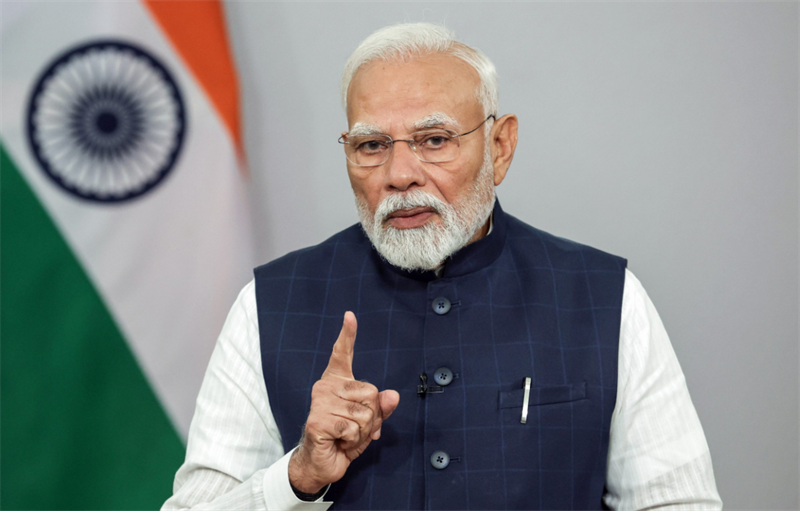The Indian government has approved 23 chip-design projects under the Design Linked Incentive (DLI) Scheme to strengthen the country's semiconductor design ecosystem. These projects are receiving support to develop indigenous chips and System-on-Chip (SoC) solutions for applications such as surveillance cameras, energy meters, microprocessor IPs, and networking systems.
According to the Ministry of Electronics and IT, 72 companies have gained access to industry-standard Electronic Design Automation (EDA) tools for their projects. Among them, VerveSemi Microelectronics announced plans to launch a portfolio of advanced integrated circuits aimed at advancing India's semiconductor self-reliance while driving global innovation.
At the Economic Times World Leaders Forum, Prime Minister Narendra Modi highlighted the significance of these initiatives, revealing that the first domestically produced semiconductor chip will be available by the end of 2025. He described the milestone as a critical step toward technological self-sufficiency, noting that while India could have entered the semiconductor industry decades ago, government reforms are now laying the foundation for rapid progress.

“In recent years, factories have started to be established, and by the end of this year, the first Made in India chip will come to the market,” Modi said.
The Prime Minister also underscored broader technology goals, including the development of a domestically produced sixth-generation (6G) telecommunications network. “We are working rapidly on Made in India 6G,” he said, calling it vital for keeping pace with global innovation.
Beyond semiconductors and telecom, Modi announced that India plans to export electric vehicles (EVs) to over 100 countries, positioning the nation as a hub for sustainable transport solutions. He further detailed recent economic reforms, such as a simplified Income Tax Bill, and reaffirmed confidence in India's growth trajectory. Experts, he noted, expect India to contribute about 20% to global growth and soon become the world's third-largest economy.
Citing fiscal stability achieved over the past decade, Modi said India's fiscal deficit is on track to narrow to 4.4%. He also pointed to reforms in shipping and port laws designed to promote port-led growth in the blue economy, highlighting the government's focus on modernizing infrastructure to sustain long-term economic expansion.
Together, the government's semiconductor push, telecom advancements, EV ambitions, and structural reforms signal a broader strategy aimed at bolstering India's technological leadership and economic standing on the global stage.
+86 191 9627 2716
+86 181 7379 0595
8:30 a.m. to 5:30 p.m., Monday to Friday
